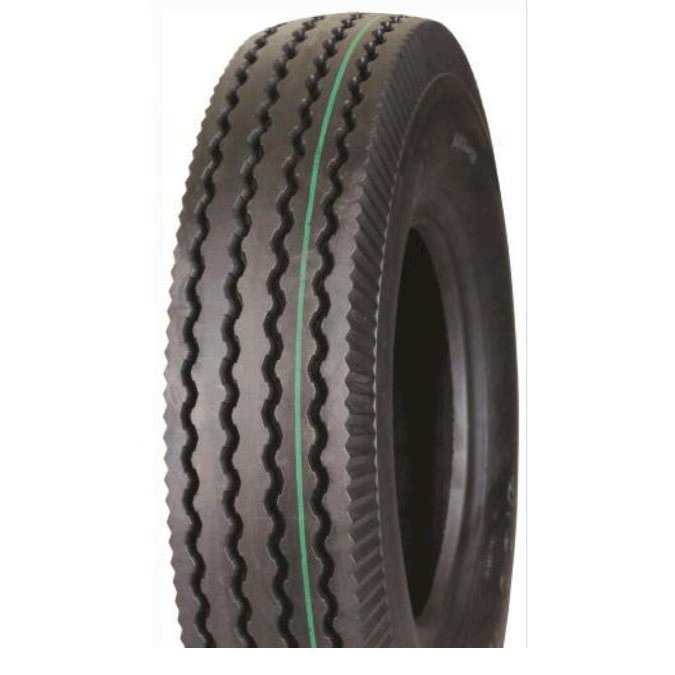Djibouti Tire Market to expand at Significant CAGR of 7.2% During 2023–2029
BlueWeave Consulting, a leading strategic consulting and market research firm, in its recent study, expects Djibouti tire market size to grow at a CAGR of 7.20% during the forecast period between 2023 and 2029.

BlueWeave Consulting, a leading strategic consulting and market research firm, in its recent study, expects Djibouti tire market size to grow at a CAGR of 7.20% during the forecast period between 2023 and 2029. The increasing sales of passenger, luxury, and electric vehicles (EVs) as a result of quick urbanization and rising consumer spending power are the main factors fueling the growth of Djibouti tire market. The increasing emphasis on driver and passenger safety as well as the rise in fatal traffic accidents are driving demand for premium quality tires with a longer operational life, improved stability and reliability, and high puncture resistance. Major players are introducing variations that are airless, light, and 3D printing. To lessen the impact they have on the environment and conserve a significant amount of the energy required to produce new tires, a lot of effort is being put into recovering and recycling old tires. To deliver packages on time, more logistics and transportation tasks are being completed. This in turn is encouraging market growth. An increase in agricultural production is also expected to create significant growth opportunities for the industry.
Djibouti Tire Market – Overview
A tire is a circular, ring-shaped auto part that houses a wheel rim and is inflated with compressed air. It is made from wire, silica, carbon black, steel, natural or synthetic rubber, and other materials. It transfers the weight of the car from the axle to the ground and provides stability by reducing vibrations and improving shock absorption. It improves the performance, mileage, passenger safety, and wear and tear of the vehicle. Depending on the type of vehicle, it is now frequently available in a variety of sizes and variants.
Sample Request @ https://www.blueweaveconsulting.com/report/djibouti-tire-market/report-sample
Growth Drivers
Technology Advancements
Tire producers are creating a system known as "Contact Area Information Sensing" (CAIS), which entails mounting a sensor to the interior wall of the tire and tracking how it interacts with the road's surface. The system analyses the road's condition to determine whether it is dry, wet, slushy, fresh snow-covered, or icy, and then transmits that information in real time to the driver via a digital screen. CAIS technology, which is currently used by tire manufacturers, could advance if it could share data with other vehicles that are similarly networked. This might allow the car to expect what the car in front will do.
Challenge:
Fluctuations in Raw Material Prices
Oil prices, fluctuating raw material prices, higher input costs brought on by the scarcity of natural rubber, and other factors all put pressure on the Djibouti tire market. Furthermore, almost all raw materials are crude derivatives, which makes them reliant on crude oil's price. Raw materials used in their production, primarily synthetic and natural rubber, account for the majority of the cost of making tires. Recently, crude oil prices have risen significantly everywhere. It is expected that the price of synthetic rubber and other crude derivatives used in the production of tires will increase in the coming years.
Impact of COVID-19 on Djibouti Tire Market
The value of the passenger tire sector was significantly reduced in 2020 as a result of the coronavirus pandemic. The expansion of the passenger tire market was hampered by the temporary suspension of tire production as a result of disruptions in the supply chain for raw materials and temporary shutdowns of production lines in a variety of industries, including the automotive and automobile industries. Due to the forced production halts at big businesses like Bridgestone and Goodyear, sales of passenger tires decreased.
Djibouti Tire Market – By Demand Category
Djibouti tire market is divided into two demand categories: OEM and Replacement. The OEM (Original Equipment Manufacturer) segment currently holds a higher market share, and this trend is expected to continue throughout the forecast period (2023–2029). OEMs are currently investing in R&D to develop lightweight, environmentally friendly tires that meet regulatory standards. OEM tires are always of the highest quality and can be used for a wide range of applications. Because of its design goals of being quiet, durable, and useful on the road, it performs admirably outside of the showroom. OEM segment is expected to control a large portion of the market in the coming years.
Competitive Landscape
Djibouti tire market is fiercely competitive, Major players in the market include Mantrac Group, Bridgestone, SPORTRAK TIRE GROUP LIMITED, MRF, Michelin, CEAT Limited, APOLLO TYRES LTD, Kilotreads (Paarl) (PTY) Ltd, Yokohama Tires, and Dudhia Tires Manufacturers. companies use various strategies, including increasing investments in their R&D activities, mergers, and acquisitions, joint ventures, collaborations, licensing agreements, and new product and service releases to further strengthen their position in the Djibouti tire market.
Contact Us:
BlueWeave Research Blog
Phone No: +1 866 658 6826
Email: info@blueweaveconsulting.com




























